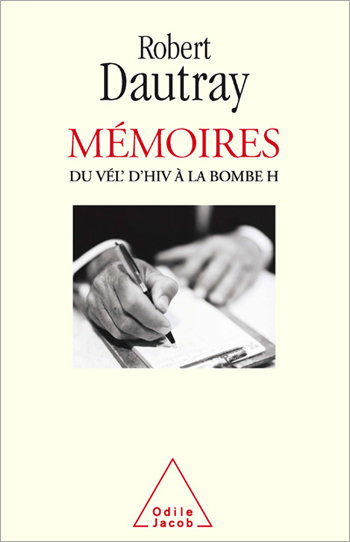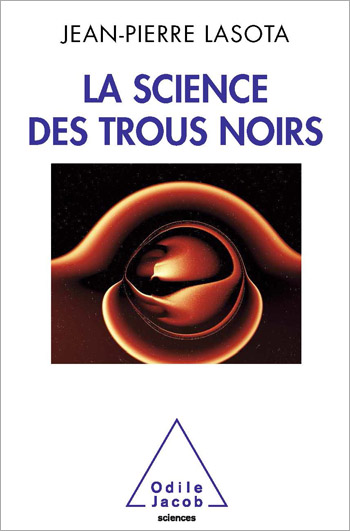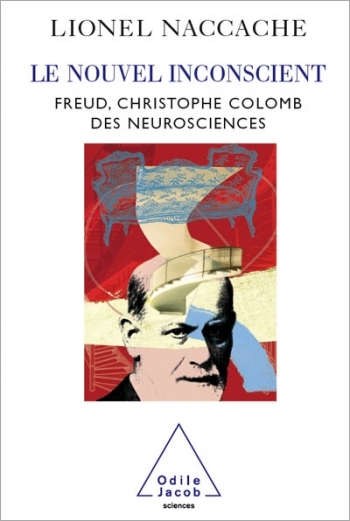Science All books
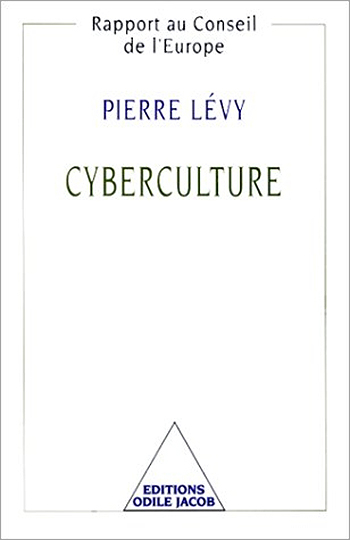
Pierre Lévy
Cyberculture
What is cyberculture? What are the social and cultural implications behind this technical phenomenon? Could it be held responsible for altering our relationship to knowledge? These are some of the questions addressed in Cyberculture, which covers such aspects of new technology as numerisation, navigation, memory, programming, software, virtual reality, multimedia, interactivity, and electronic mail. Written for the non-power user, this is a clear, complete and highly accessible presentation of new technologies, their uses and future stakes. Pierre Lévy is a philosopher who teaches at the University of Paris-VIII, in the hypermedia department.
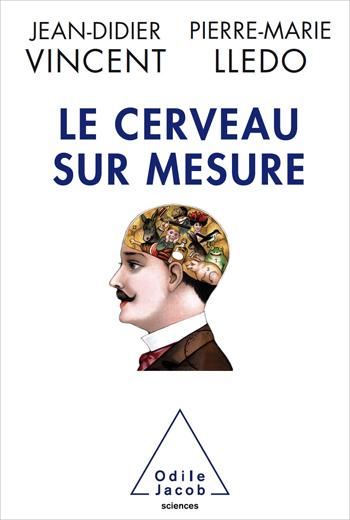
Jean-Didier Vincent, Pierre-Marie Lledo
The Made-to-Order Brain
The neurosciences are making it possible to repair, modify and enhance the brain, heralding a revolution for all of us
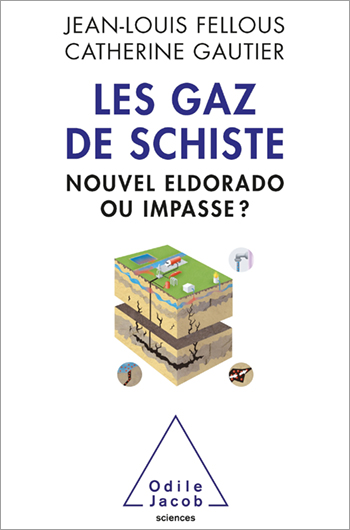
Jean-Louis Fellous, Catherine Gautier
The Gazs Shale New Eldorado or Impasse ?
Global problems related to the interaction of humans with their environment are multiplying: climatic upheaval, oil crisis, energy policies that are too lenient on carbon emissions
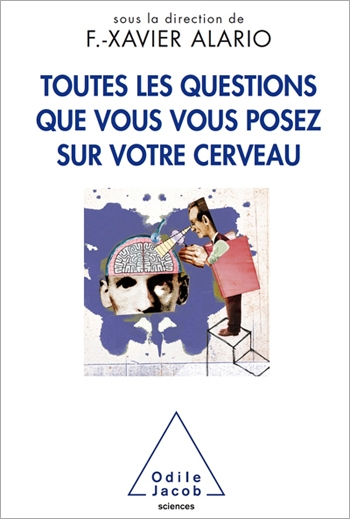
Xavier Alario
Questions About the Brain
The answers given here have all been scientifically approved and are widely accessible
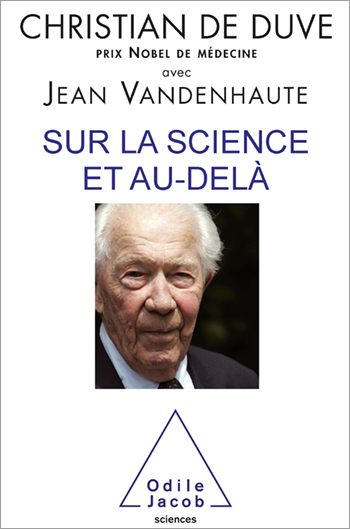
Christian de Duve, Jean Vandenhaute
On Science and Other Matters
In these posthumously published interviews, the late Christian De Duve, Nobel Prize winner in Medicine, gives his views on some of the major issues of our times

